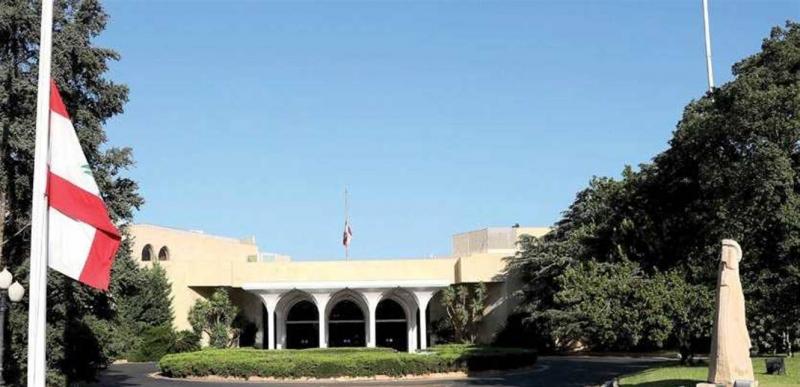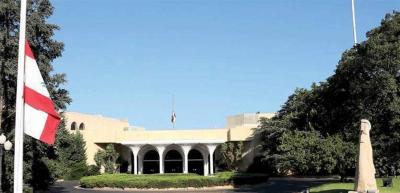The current political clash goes beyond the government and its formation to touch upon the implications of the impending presidential elections ahead of the end of October, which marks the expiration of President Michel Aoun's term. The completion of his term would alleviate the growing concerns about a presidential and institutional vacuum, as the presence of a new president would facilitate the re-establishment of order within the state and its political life. Failing to elect a new president before the end of Aoun's term could lead to a significant risk threatening the future of the existing political system.
It is worth noting that the constitution stipulates that in case the presidency becomes vacant for any reason, the powers of the president are entrusted to the Council of Ministers collectively. The legislature intended, in this case, for a fully empowered government, not a resigned government stripped of powers, which could only operate within narrow limits. If such a vacancy occurs in Lebanon's current situation, it would represent a unique precedent whereby the presidential election coincides with a caretaker government that lacks presidential powers.
From the perspective of legal experts, this scenario could lead Lebanon to a new reality characterized by total paralysis and potentially a systemic crisis: no president, no designated prime minister to form a government—since the mandate ends with the expiry of the presidential term—and no government to manage the affairs of the state and its citizens. The parliament cannot replace the president, nor can the executive authority, i.e., the government, meaning, in summary, there would be no functioning state, leading to negative repercussions on all levels.
However, constitutional and legal expert lawyer Said Malik explains to "Al Markaziya" that while the prime minister's mandate lapses with the end of the president's term, the caretaker government remains in place to assume the presidential duties collectively, particularly since the constitution, specifically Article 62, does not explicitly mention a fully empowered government, referring instead to "the government" without specifying its characteristics while awaiting the election of a new president.




